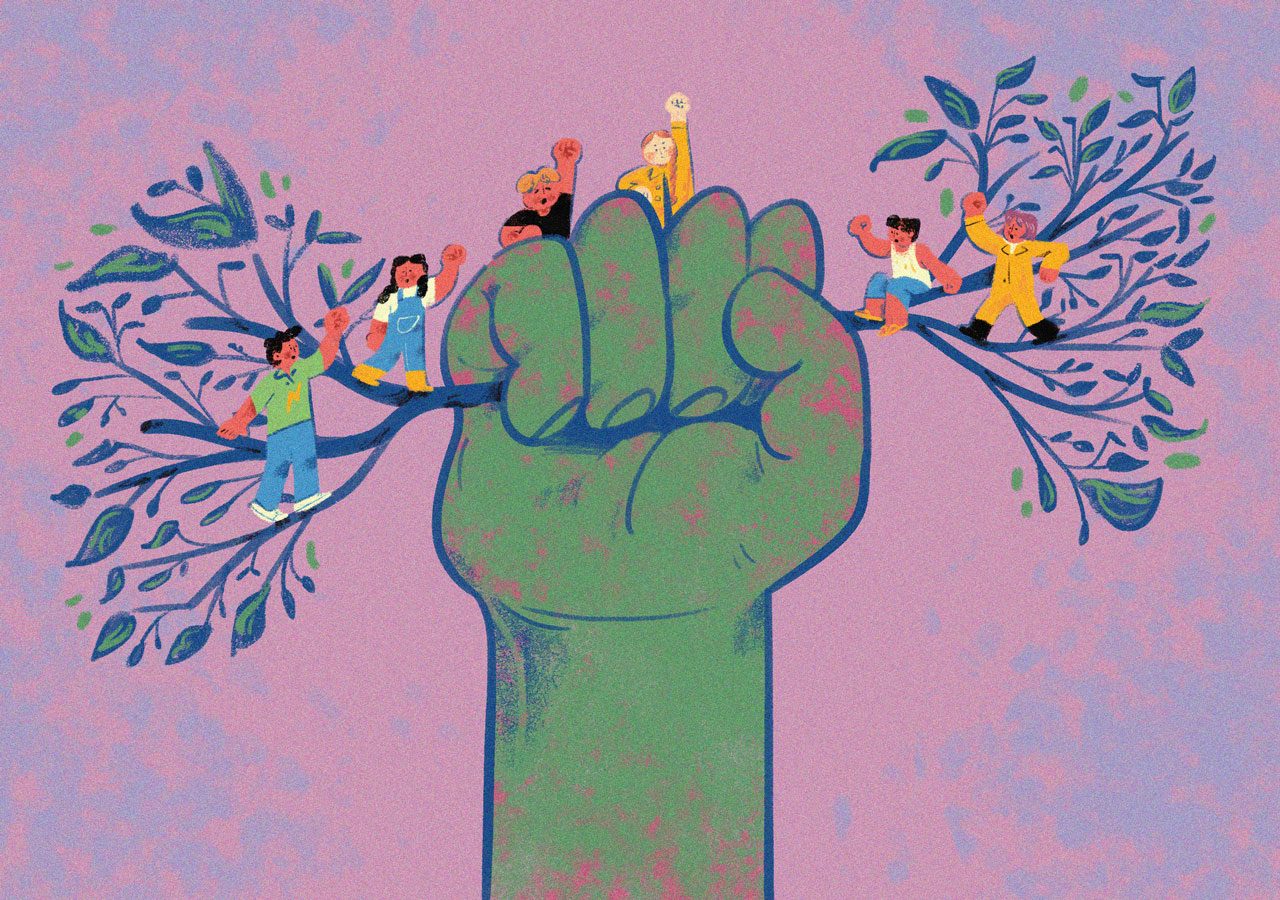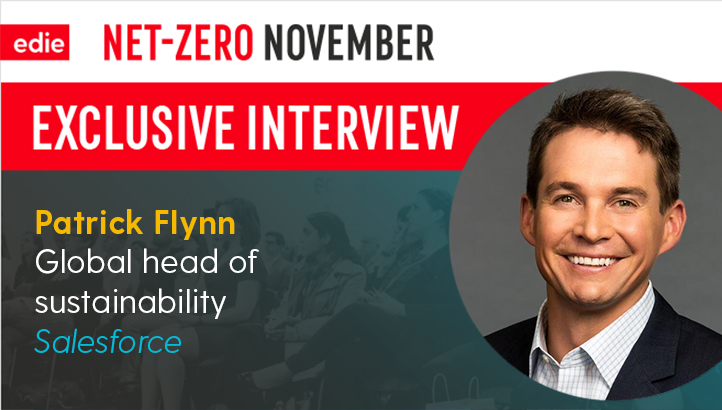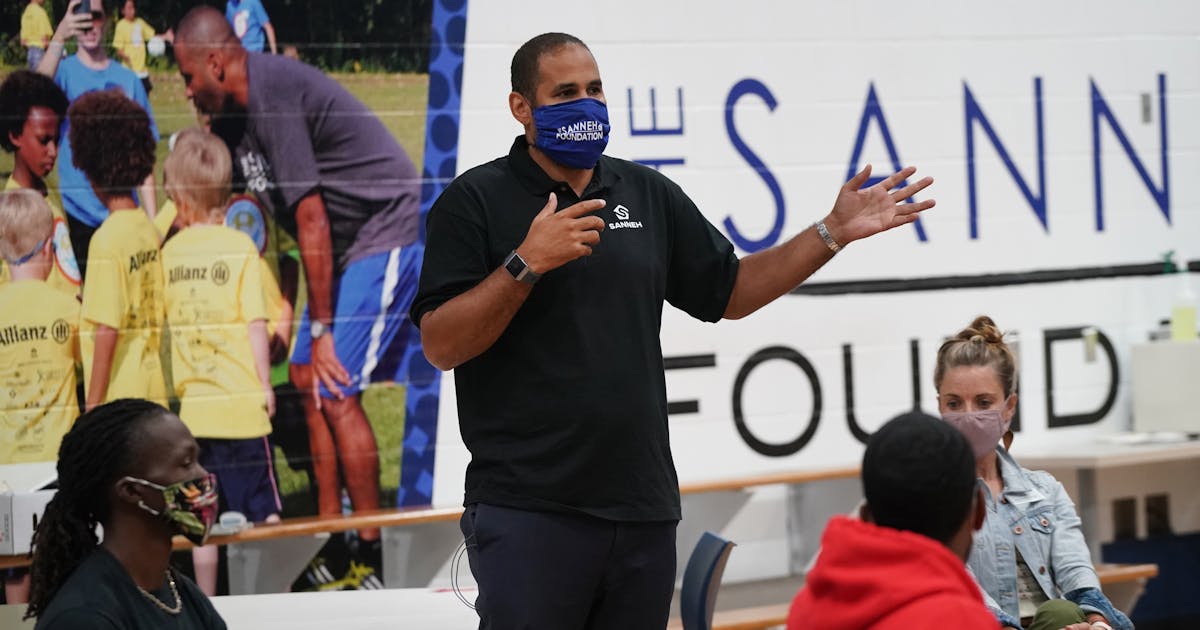By Lacey Robertson, The Seattle Medium
Black capitalism, or black communities’ access to wealth and capital, is the most recent focus of the University of Washington’s Interrupting Privilege program, which aims to provide communities and individuals with the tools to confront and interrupting power inequalities in society.
According to Josh Griffin, program manager at the Center for Communication, Difference, and Equity (CCDE), which is co-leading the effort, the center is looking for Seattle-based entrepreneurs and other community members to participate in classes and conversations for the review of Black Capitalism. There is no cost to participate.
The Interrupting Privilege program will help participants reflect on their own contributions to black capitalism and facilitate conversations to “collaboratively generate tools for change,” according to the website.
“The focus is on black capitalism to better understand how black people understand capitalism, owning businesses, and how black people invest their money in black communities,” Griffin said.
Past Interrupting Privilege programs included symbolism in the classroom, growing up as a black woman, and microaggressions. The podcasts of the first sessions have been published here. In the podcasts, participants discuss experiences and brainstorm potential tools for change.
“It’s really a way to be able to engage members of the community, usually members of minority groups, in different kinds of dialogue, and allow them to sit down and express their experiences and their truth,” said Griffin.
An Interrupting Privilege program typically lasts nine months and begins with conversations among community members, followed by CCDE’s doctoral student research team identifying recurring themes from participants’ anecdotes. The process ends when all participants in the initial conversations come together for listening sessions.
The CCDE has begun interviews for this year’s program, but is currently looking for more black participants interested in black capitalism.
Dr. Elba Moise, UW Inclusion and Community Program Manager at the Foster School of Business, participated in one of those early conversations about black capitalism.
“I first became involved with CCDE through my mentor, Dr. Ralina Joseph,” said Moise. “I also took classes through them and became organically connected.” Joseph is the founding director of CCDE, creator of the Interrupting Privilege program, associate dean for equity and justice at the UW graduate school, and professor of communication at UW.
“Black capitalism is the access of black communities to wealth and capital. The key words here are community, access and collective,” Moise said.
This goes beyond those who are business owners, however.
“It’s being able to think about ways that we as individuals can support Black-owned businesses,” Moise said. “You can support by promoting, sharing on social media and diversifying suppliers and sellers.”
The program is also designed as a space for self-reflection, Griffin said.
“I hope people will be open to these conversations, look at tense moments that might make them feel uncomfortable, and ask themselves, ‘Why?'” Griffin said. there is a better understanding of what black capitalism is on an individual level. How can I contribute to black capitalism? How to hinder black capitalism?
The program will be based in Seattle, with a focus on how the local black community understands black capitalism. The CCDE has partnered with the UW Foster School of Business to help find additional community members to contribute to the dialogue.
Christina Ting Fong, associate dean for inclusion and diversity at the Foster School of Business, has also become involved with CCDE through Joseph and the University of Washington’s Resilience Lab. she stated. The lab provides UW students and faculty with tools to develop self-awareness and respond to stress, according to their website.
Through his connections at Foster, Fong helped form the network of participants in the interview stage of the Black Capitalism program.
“At Foster, we’re really committed to making space for these conversations because they align with our purpose statement,” Fong said. “We have the Foster ID framework, which is kind of a set of skills that we hope every Foster student will resonate with so they can be more inclusive leaders and effective allies.”
By bringing together different experiences of black capitalism, the program aims to identify and dismantle the racism embedded in societal structures.
“I hope these conversations help others see things from different perspectives and help communities feel connected to each other,” Fong said. “And for people who don’t spend a lot of time thinking about it, to think about it more.”
Moise echoed this need for lasting change through exploration, conversation and listening.
“I hope it can support awareness, support businesses that have capital, and point out how individuals and organizations can work to support and build community and new resources in Washington State and beyond” , said Moise.
If you are interested in participating in the CCDE Privilege Interruption Program, contact Josh Griffin at [email protected].












